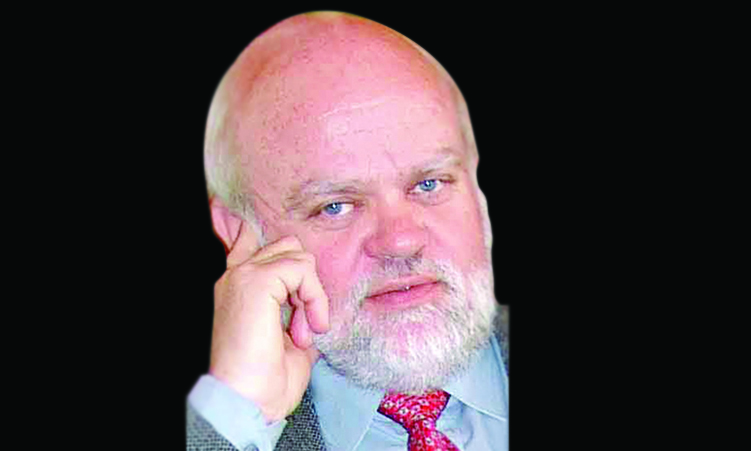Unashamedly I MUST admit how I longed for Air Namibia on my recent travels to the United States (US) through Europe.
Should the plug on Air Namibia have been pulled? This question crossed my mind many times while seated on that aircraft in which passengers were packed like sardines and a sub-standard service rendered by an abrasive cabin crew that left much to be desired.
Other questions crossed my mind too.
Would the appointment of competent management and directors, and not bureaucrats and buddies, a staff complement commensurate with the airline’s size, or entering a partnership with a well-run airline, have been better options?
I pondered if it is really wise to merely replicate public enterprise management structures found in a more developed country?
At any entity, the role players have and must know their place, be it as an employee in the government, a business undertaking, educational institution, or at a faith-based organisation.
Even players in sports teams for that matter.
When players fail to stick to their lane and cross into those of others, by interfering in the work of colleagues or subordinates, things can and mostly do go horribly wrong.
More broadly, the same applies when an entity crosses the boundary of its responsibility and operates in a sector for which it lacks the skills and know-how or is ill-equipped to do so.
A good example is when the government engages in business activity with such moves driven by politicians and overzealous bureaucrats who will generally overvalue their own expertise or competence.
Public enterprises, or what is referred to as state-owned enterprises or parastatals, often do have an important function in economies and more so in the economy of a developing country like Namibia.
There are sectors crucially important for Namibia’s economic well-being, yet they are inadequately serviced for a variety of reasons, which include the mammoth capital requirement need to fund ongoing operations or an unattractiveness in terms of the profit yield.
Resultantly, the private sector shies away from providing the much-needed service.
Energy, water, people and cargo transportation, harbours and airports, and information dissemination are prime examples in a geographically vast and sparsely populated Namibia.
In the absence of a national broadcaster, a government newspaper, national water and electricity utility providers, people across the country in villages, settlements and rural areas would be out on a limb.
Then there are the so-called commercial public enterprises tasked with operating a rail network, providing housing for lower income earners, fuel distribution and the now defunct national airline.
It annoys the nation when a large chunk of the national budget is allocated annually to subsidise public enterprises and rightly so, as it is perceived that the funds could be more productively spent building schools, hospitals, roads, dams and expanding social services for the poor and needy.
What springs to mind are lessons one can learn from Air Namibia’s demise, which is that politicians, bureaucrats and their buddies really have no place in business.
And that when remedial action is required, care must be taken to not throw the baby out with the bathwater. This means to discard something thought to be worthless, which in fact does hold value.
- Danny Meyer is reachable at danny@smecompete.com
Stay informed with The Namibian – your source for credible journalism. Get in-depth reporting and opinions for
only N$85 a month. Invest in journalism, invest in democracy –
Subscribe Now!






